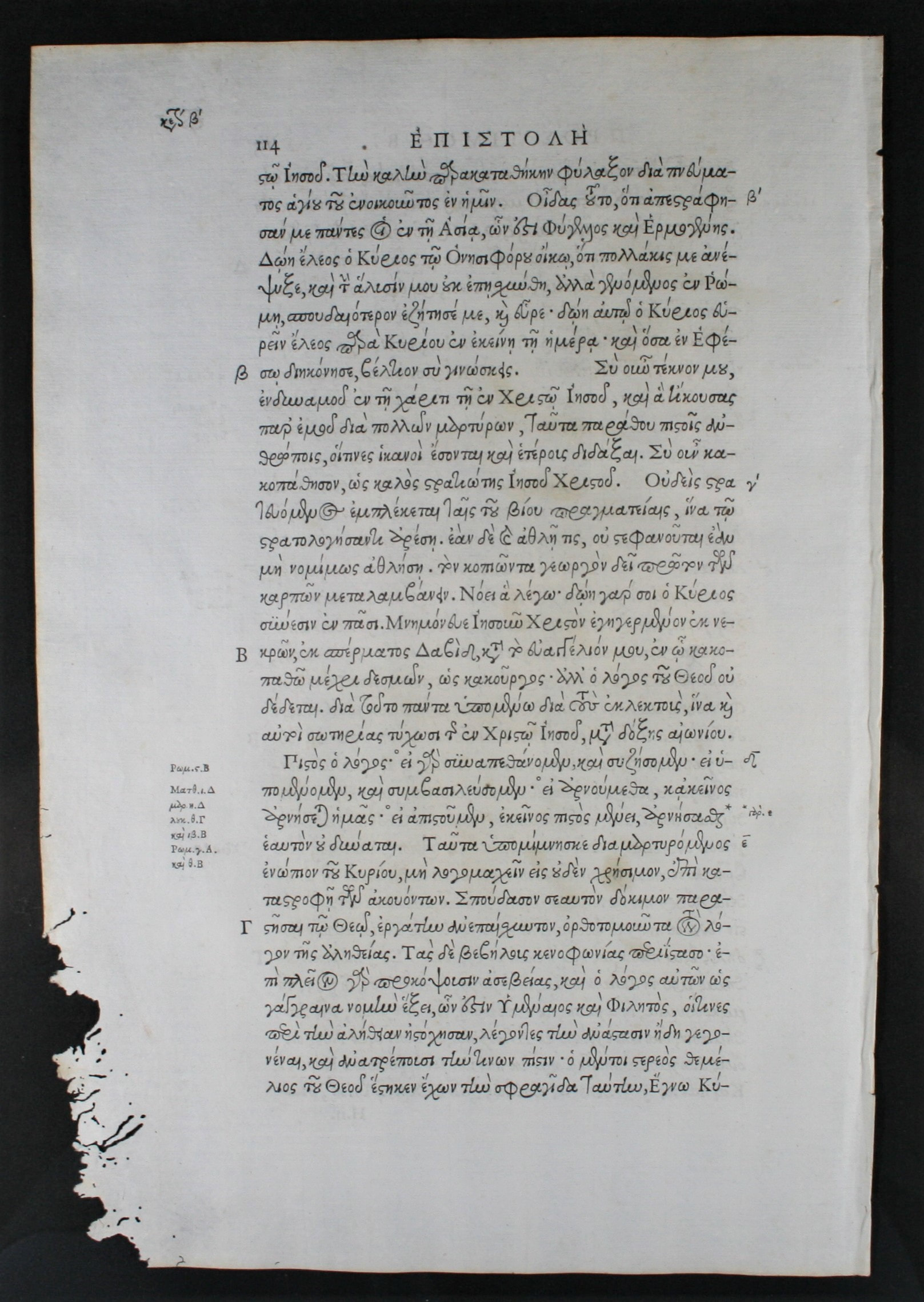


It does not give you a pure, historical, and doctrinally-superior text to work from. This interlinear is only good for people who want to study what the KJV would read like in Greek. Scrivner shovels out in his introduction should be enough to steer anyone away from this tome, except perhaps those that want it for historical reference of the Alexandrain vs. What a laugh! Numerous discoveries of fragments and Uncial manuscripts since the time this was written have shown that the Alexandrian Text, especially Codex B, IS the very words of the New Testament, with a continuous scribal tradition from the earliest days of the church. It asserts – without any shred of evidence, historical or theological – that God used the Greek Orthodox Church to safeguard the scriptures in their pure form, and that future discoveries will prove the Alexandrian Text to be a perversion. It reproduces that same scholar’s vitrolic and immensely wrong attack on Westcott and Hort in the introduction.

(It differs from the actual Stephanus TR in more than 250 places, to boot, so fans of the KJV will find no solace here.)Ģ. In other words, it takes the English translation and works backwards. Instead, it uses a marginal scholar’s attempt to reconstruct the Textus Receptus based on the King James Bible. It does not use any known or accepted Greek text as the basis. This interlinear has a nice format that proves helpful in study, but there are two big problems that stop me from giving it a positive review:ġ. I wanted to share this review with you, and see what your opinion is. Green, and went to read what Amazon had to say about it. I am interested in purchasing the Interlinear Greek-English New Testament by Jay P.


 0 kommentar(er)
0 kommentar(er)
